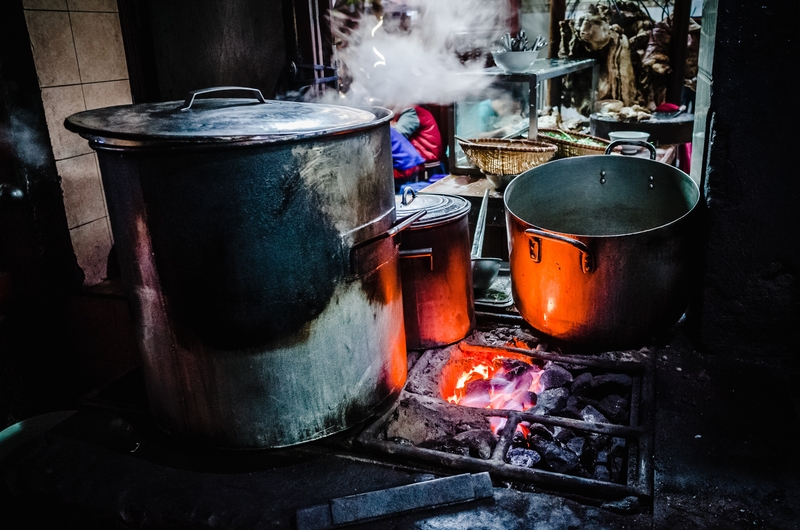Ethiopia’s coffee export revenue hits $988 million, surpassing targets

The Ethiopian government has focused on improving coffee quality and sustainability, investing in training for farmers and encouraging eco-friendly farming practices.
Ethiopia’s coffee industry is experiencing significant success, with exports surpassing expectations in both volume and revenue over the past six months.
According to the Ethiopian Coffee and Tea Authority, the country exported 240,260 tonnes of coffee, exceeding the set target of 133,063 tonnes. This export boom generated $988 million in revenue, well above the forecasted $714 million for the period.
More To Read
- How homeless Ethiopian refugee rose to become successful hotelier in Eastleigh
- 10th Street: Eastleigh's ‘little Ethiopia’ where beverage lovers enjoy special coffee
- Ethiopia discovers 21.3 billion cubic metres of natural gas in Ogaden region
- Ethiopia inches close to breaking coffee export record with $1.2bn earning in 11 months
The authority said a major factor behind the surge is the rise of Nekmet coffee, a fast-growing brand that now accounts for 90 per cent of Ethiopia’s coffee exports.
“Nekmets unique flavour and consistent quality have made it a favourite in international markets, alongside well-established varieties such as Sidama, Jimma, Yirgacheffe, and Limu,” it said.
Germany, Belgium, and Saudi Arabia remain Ethiopia’s largest coffee buyers, highlighting the strong demand for specialty beans in Europe and the growing coffee culture in the Middle East.
Ethiopian coffee is often sold at premium prices due to its complex flavours, high-altitude growing conditions, and rich heritage.
The authority also noted that improvements in logistics, including better road networks, cold-storage facilities, and digitised customs procedures, have helped reduce delivery times and lower operational costs for exporters.
Improving coffee quality
The Ethiopian government has also focused on improving coffee quality and sustainability, investing in training for farmers and encouraging eco-friendly farming practices.
Many coffee producers have also adopted shade-grown cultivation and sustainable processing methods to meet international standards and secure premium prices.
However, the country faces challenges as its recent decision to float the currency has raised the cost of imports like fertilisers and machinery.
Despite the challenges, officials remain optimistic, noting that strong coffee earnings will help mitigate the impact of rising import costs.
Looking to the future, the Ethiopian Coffee and Tea Authority said it plans to expand irrigation systems, enhance productivity through better seedlings, and boost global marketing efforts.
“If current trends continue, the country’s coffee export earnings could exceed $2 billion for the year, solidifying Ethiopia’s position as the largest coffee producer in Africa and a significant player in the global specialty coffee market,” it said.
Top Stories Today














































